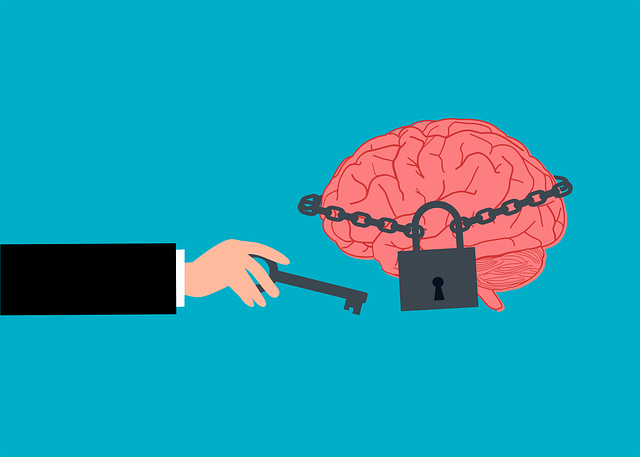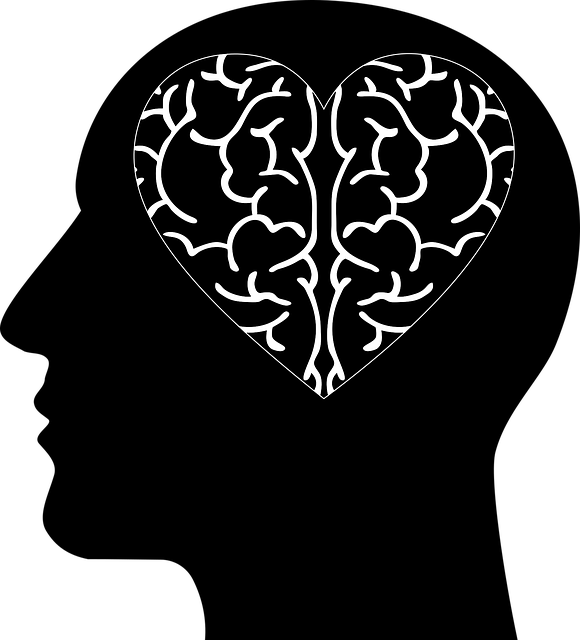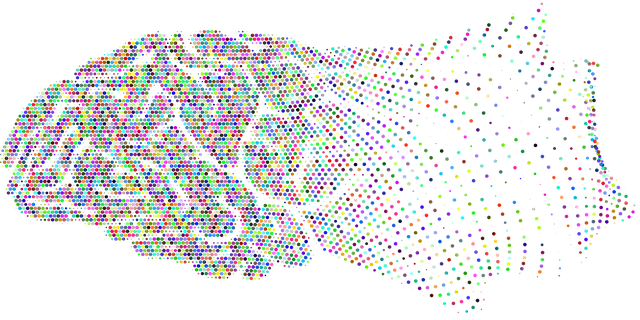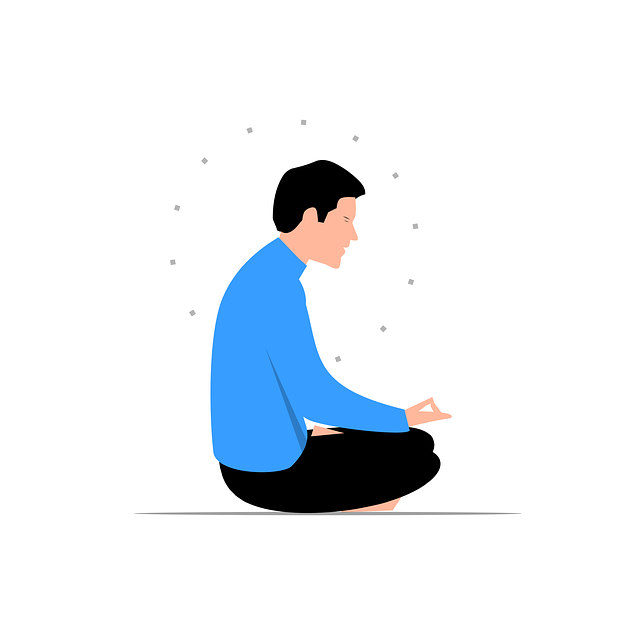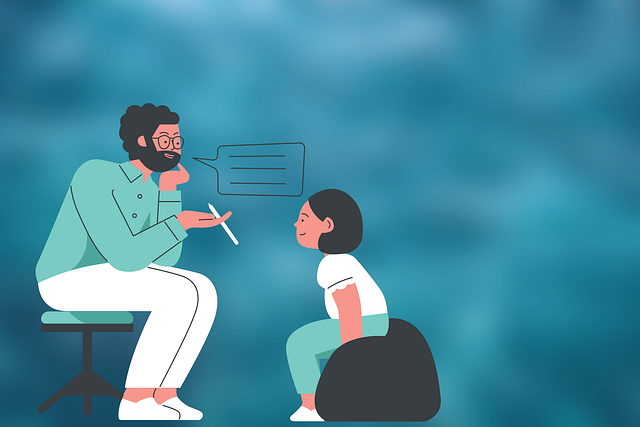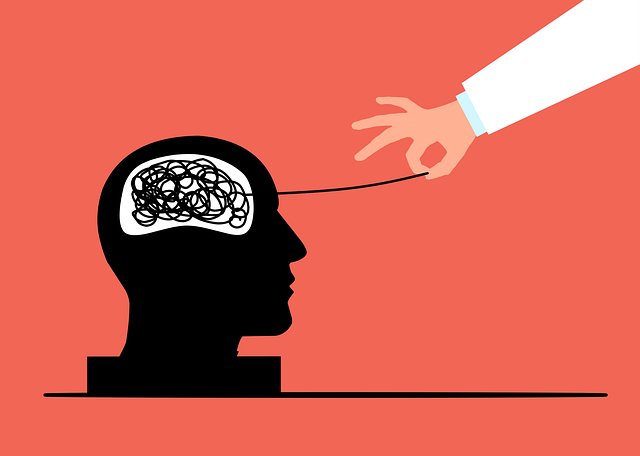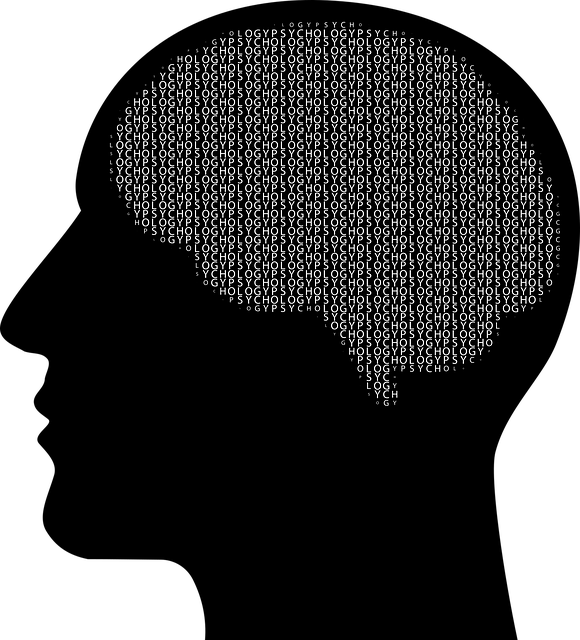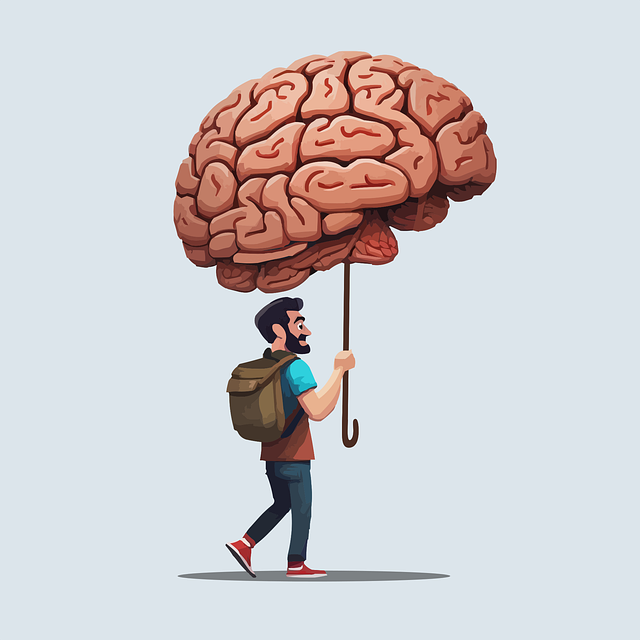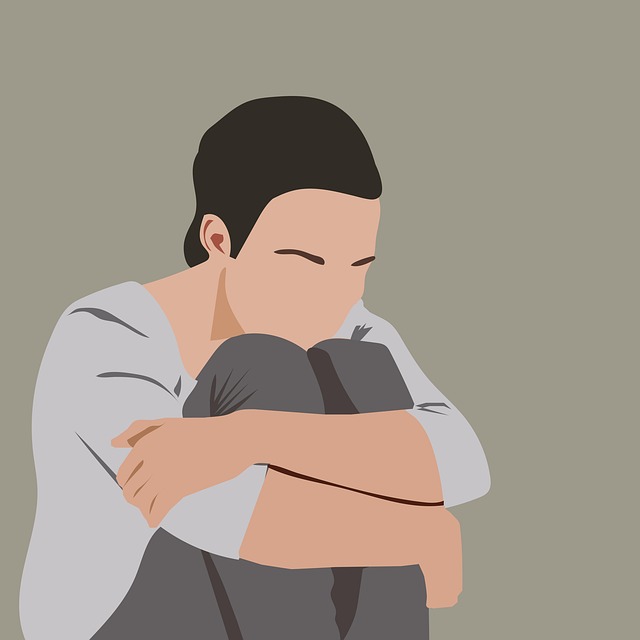Adolescent anxiety, driven by academic pressures, peer dynamics, social media, and physical changes, presents unique challenges. Effective therapy strategies for teen boys include crisis intervention, compassion cultivation, and social skills training, empowering them to manage anxiety healthily. Cognitive Behavioral Therapy (CBT), an evidence-based approach tailored for young men, identifies and changes negative thought patterns, encouraging self-care practices like mindfulness and relaxation techniques. Incorporating mindfulness, meditation, deep breathing, and yoga into daily routines can significantly reduce anxiety levels over time, enhancing emotional intelligence and stress management. These methods benefit both personal growth and professional development in healthcare providers.
“Anxiety among adolescent teens is a pressing issue, with unique challenges impacting their development. This article delves into effective management techniques tailored specifically for young men. We explore Cognitive Behavioral Therapy (CBT), recognized as a powerful tool to combat anxiety by addressing underlying thoughts and behaviors. Additionally, we emphasize the long-term benefits of incorporating mindfulness and relaxation techniques into daily routines, offering practical strategies for teens and their mentors to navigate and overcome anxiety.”
- Understanding Adolescent Anxiety: Unveiling the Unique Challenges Faced by Teens
- Cognitive Behavioral Therapy (CBT): A Powerful Tool for Managing Anxiety in Young Men
- Incorporating Mindfulness and Relaxation Techniques into Daily Routines for Long-Term Anxiety Reduction
Understanding Adolescent Anxiety: Unveiling the Unique Challenges Faced by Teens

Adolescent anxiety presents a unique set of challenges distinct from adult experiences. Teens often grapple with intense pressures from academic expectations, peer relationships, and the overwhelming influence of social media, which can contribute to heightened stress levels. This age group is also going through significant physical and emotional changes, making them more susceptible to anxiety disorders. Many adolescent boys, in particular, may struggle to express their feelings, leading to unaddressed underlying anxieties that can escalate into crisis situations if left untreated.
Understanding these nuances is crucial for developing effective therapy strategies tailored to the needs of adolescent teens. Guidance such as crisis intervention techniques, compassion cultivation practices, and social skills training can empower young individuals to manage their anxiety healthily. These approaches not only help teens navigate their immediate concerns but also foster resilience, self-awareness, and coping mechanisms that will serve them well into adulthood.
Cognitive Behavioral Therapy (CBT): A Powerful Tool for Managing Anxiety in Young Men

Cognitive Behavioral Therapy (CBT) has emerged as a powerful tool for managing anxiety among young men. This evidence-based approach focuses on identifying and changing negative thought patterns that contribute to anxious behaviors. By teaching adolescents and young adults effective communication strategies, CBT empowers them to challenge distorted thinking and develop healthier coping mechanisms.
For men dealing with anxiety, which often presents differently than in women, CBT offers a tailored approach to address unique challenges. It encourages self-care practices such as mindfulness and relaxation techniques, helping individuals manage their symptoms effectively. Moreover, CBT provides trauma support services, which are crucial for understanding and overcoming underlying traumatic experiences that may exacerbate anxiety.
Incorporating Mindfulness and Relaxation Techniques into Daily Routines for Long-Term Anxiety Reduction

Incorporating mindfulness and relaxation techniques into daily routines can significantly reduce anxiety levels over time. These practices, such as meditation, deep breathing exercises, and yoga, help individuals cultivate present-moment awareness and regulate their emotional responses. For adolescent teens and young adults facing men’s issues, integrating these strategies into their everyday lives offers a powerful therapy alternative. By making mindfulness a habit, they can enhance their emotional intelligence, leading to better stress management and improved mental well-being.
This approach is particularly beneficial for healthcare providers who often face high-stress situations. Incorporating relaxation techniques as burnout prevention strategies can help professionals maintain resilience and prevent emotional exhaustion. Mindfulness practices enable them to recharge, improving patient care and overall job satisfaction. Thus, both personal growth and professional development can be achieved through the consistent application of these simple yet effective anxiety relief methods.
Anxiety management is a vital aspect of adolescent development, especially for young men navigating unique challenges. By understanding the complexities of teen anxiety, we can offer effective solutions like Cognitive Behavioral Therapy (CBT), which has proven success in addressing mens issues. Incorporating mindfulness and relaxation techniques into daily routines further reduces long-term anxiety. Armed with these strategies, adolescents can better manage their mental health, fostering resilience and a brighter future. For parents and caregivers, supporting these practices is key to helping teens thrive and overcome their anxieties.


